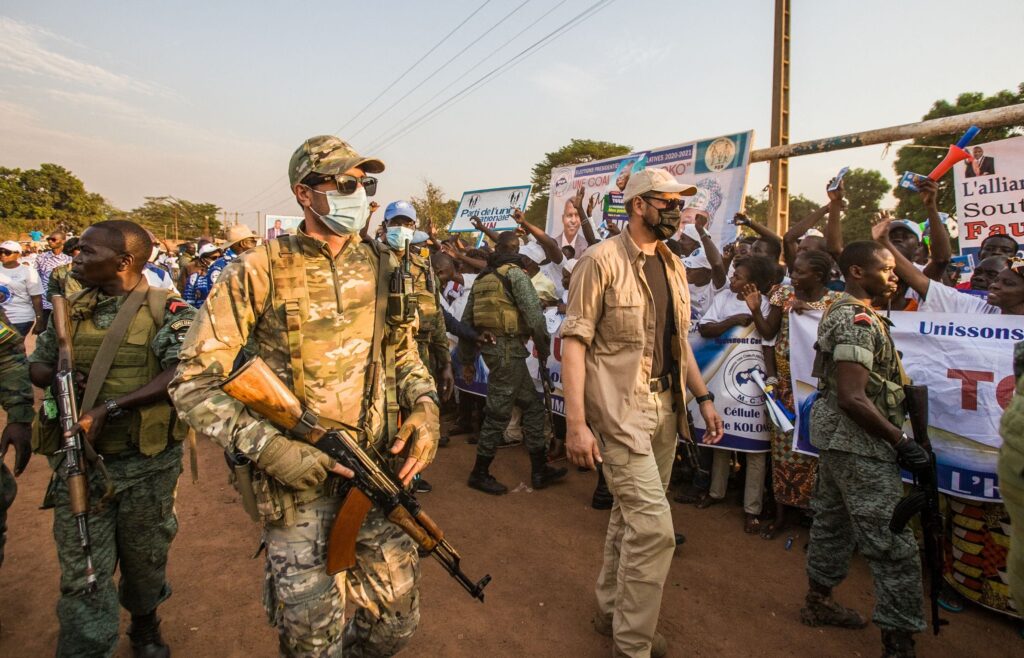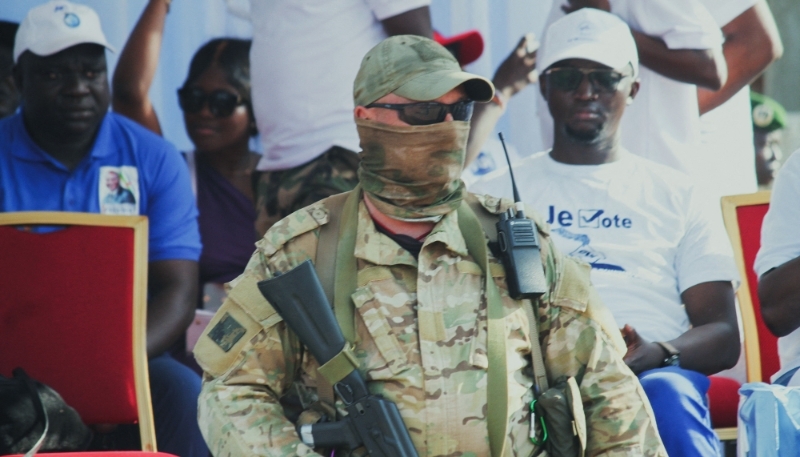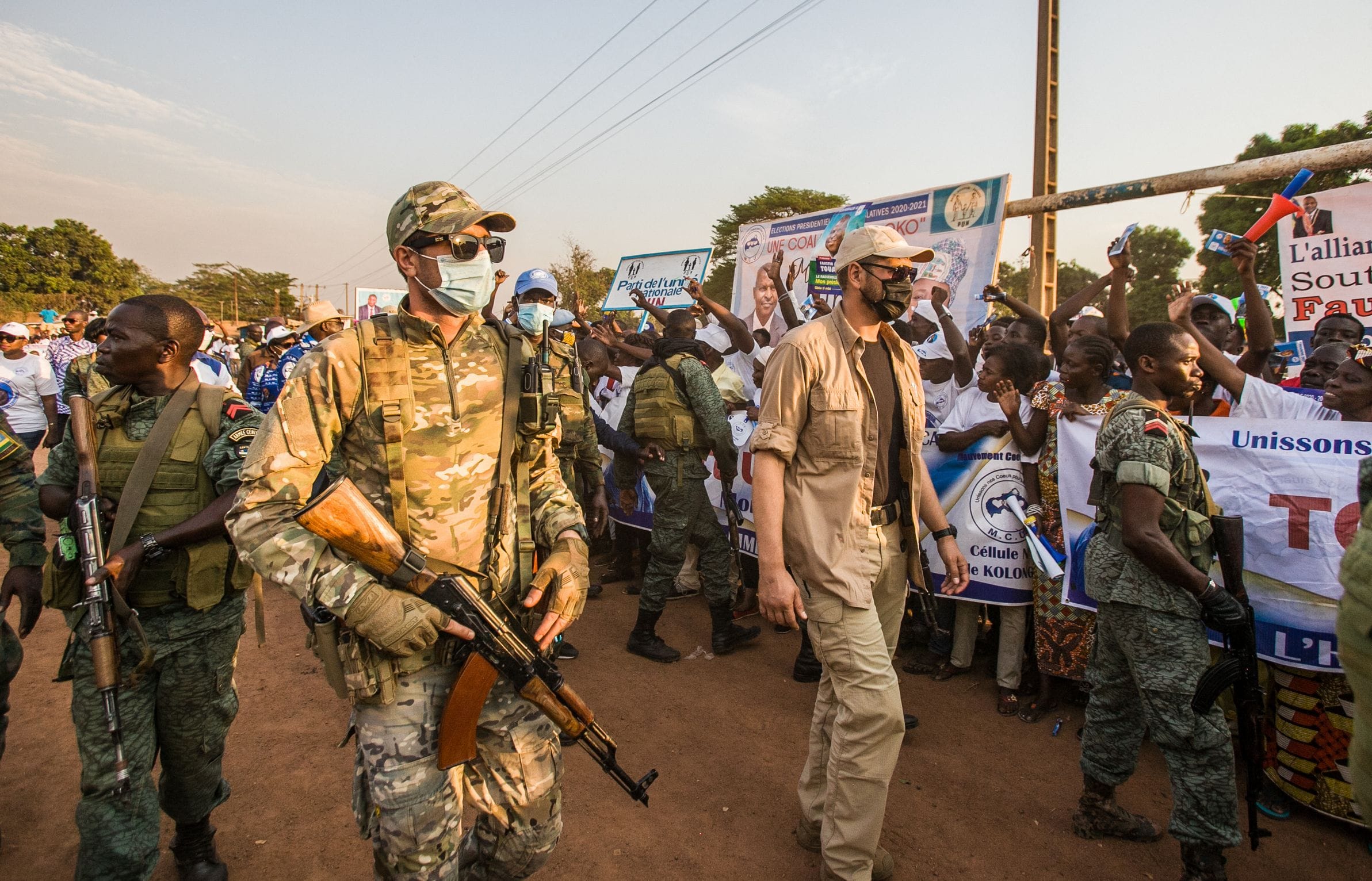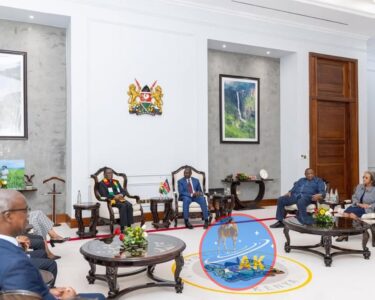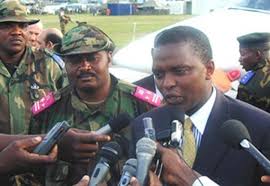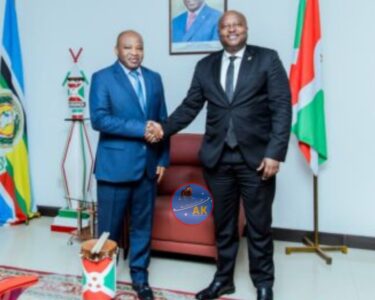Introduction
The Central African Republic (CAR) has become a hotspot for geopolitical tension, with its rich mineral resources at the center of a new confrontation between Russian paramilitary group Wagner and Rwandan forces. This clash is driven by the growing proximity between CAR President Faustin-Archange Touadéra and Rwandan President Paul Kagame, a relationship that has resulted in new mining concessions being granted to Rwanda. Wagner, already deeply entrenched in the CAR’s mining sector, views this shift as a direct threat to its interests. This situation raises critical questions about the future of Central African stability, as well as the broader implications for regional powers like the Democratic Republic of Congo (DRC) and the global balance of power.
Wagner’s Role in the Central African Republic
Since 2017, Wagner has played a pivotal role in propping up the Touadéra regime, both militarily and economically. In exchange for its support in fighting rebel groups, Wagner was granted lucrative concessions in CAR’s mining sector, particularly in the gold and diamond industries. The group has entrenched itself in strategic mining locations, such as Ndassima, Bambari, and Bria, where it controls operations and secures the flow of resources.
These minerals are vital for Wagner, as they provide the financial means to sustain its operations both within CAR and in other African countries where it seeks influence.
Rwanda’s Growing Influence
Rwanda entered the picture with a security cooperation agreement in 2020, when President Touadéra sought additional military support to counter growing rebel threats during the elections. Since then, Rwandan forces, initially deployed under the United Nations MINUSCA mission, have become a key security partner for the Touadéra government. This relationship expanded into the economic domain in 2021, when mining permits were granted to Rwandan companies, giving Kigali access to CAR’s rich mineral deposits, particularly in gold and diamonds.
The proximity between Kigali and Bangui has rattled Wagner, as it challenges their near-monopoly over CAR’s mining sector. These new Rwandan permits cover areas that Wagner had hoped to control, threatening the financial backbone of their operations in CAR.
Rising Tensions and Regional Consequences
This growing rivalry between Wagner and Rwanda over CAR’s natural resources has significant implications for regional stability, especially concerning the DRC. The border areas between CAR and northern DRC are already volatile, with multiple armed groups active in the region. Any destabilization in CAR resulting from a power struggle between Wagner and Rwanda could easily spill over into the DRC, exacerbating violence and insecurity in provinces like Ubangi and Haut-Uélé.
Moreover, the involvement of foreign powers in CAR’s mining sector could deepen existing regional conflicts, as groups seek to capitalize on the chaos. The instability could lead to increased smuggling of minerals across borders, further complicating efforts to regulate the region’s resource trade.
Global Geopolitical Impact
At the international level, this situation pits Russia and Rwanda against each other in a proxy battle for influence in CAR, with far-reaching consequences. Wagner, closely tied to the Russian government, represents Moscow’s broader ambitions to maintain and expand its foothold in Africa. On the other hand, Rwanda, although allied with the United States and supported by France, has stepped into the role of a strategic regional player.
This conflict could worsen relations between Russia and the West, particularly as the U.S. and France continue to support Rwanda’s involvement in CAR. With Wagner under increasing scrutiny due to the war in Ukraine, Russia may view any loss of influence in Africa as a major setback. Further international sanctions against Russia could follow, especially if the conflict over mining concessions escalates.
Conclusion
The tug-of-war between Wagner and Rwanda for control of CAR’s mining sector has the potential to destabilize the region and ignite broader geopolitical tensions. The DRC, already grappling with its own internal conflicts, could be further destabilized by these developments, and the international community may find itself embroiled in yet another flashpoint between Russia and Western powers. As CAR attempts to balance these competing interests, the outcome of this confrontation will be crucial not only for its future but for the entire Central African region.
